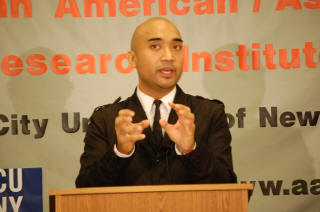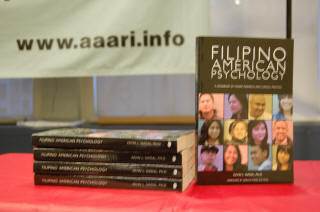
Filipino Americans are the second largest Asian American/ Pacific Islander population in the United States and they are projected to become the largest Asian American population by 2010. With 1.37 million Filipino-born immigrants living in the US, Filipino Americans are the second largest immigrant population in the country.

As descendants of the Philippines, a country that was colonized by Spain for over three centuries and by the US for nearly 50 years, Filipino Americans are an ethnic group with a sociocultural and historical experience that is unlike any other. First, they are the only ethnic group that has been categorized as Asian American, Pacific Islander, and Hispanic. However, California state laws require that all personnel surveys or statistical tabulations classify persons of Filipino ancestry as “Filipino” rather than part of any other racial or ethnic group. Additionally, Filipino Americans have often been referred to as the “Forgotten Asian Americans,” because their presence has been invisible in psychology, education, humanities, and other social sciences.

Filipino American Psychology: A Handbook of Theory, Research, and Clinical Practice offers a comprehensive look at the psyche of Filipino Americans. By examining history, cultural values, influences of colonialism, community dynamics, and intersections with other identities, the reader will have an opportunity to understand essential information about this population. Students will gain knowledge and awareness about Filipino American identity and personality development, while practitioners will learn culturally-competent techniques to become better counselors, clinicians, and educators. This book is the first of its kind and aims to promote visibility of this invisible group, so that 2.4 million Filipino Americans will have their voices heard.


